There is increasing interest around the pivotal role Trump was urging former Vice President Mike Pence play on January 6, as set forth in the damning Eastman memo. Essentially, the White House and its allies were pressuring Pence to go far outside his constitutionally and legally prescribed role by nullifying the electoral votes of several swing states and throwing the contest to the House of Representatives, where the GOP holds a state delegation advantage. This plan apparently even included actual faked electoral certifications from several states. (The number of “alternate electoral slates” submitted to Congress has grown and now exactly matches the seven “dual slates” Eastman refers to in the first line of his memo—a pretty clear indication that Eastman and Trump were well aware if not actually coordinating this scheme.)
The January 6 Committee wants Pence to speak to them about the pressure he was put under by the White House, but that may not happen. Pence probably doesn’t face any legal jeopardy in the larger investigation, having ultimately rejected the Eastman plan at the advice of no less than three legal advisers (including the federal circuit judge for whom Eastman once clerked). But Pence does face significant political jeopardy, with his ambitions for a presidential run in 2024 imperiled should he provide Trump’s enemies a way to skewer him.
But something else caught the attention of sleuths in the discussions around Pence’s role in the attempted coup. As the New York Times reported earlier this week, albeit fairly far down in its piece on Mike Pence, federal prosecutors have been requesting defense attorneys insert some curious language into plea deals of defendants charged with violent attacks that day.
One woman who had smashed a window at the Capitol admitted in writing that she had marched on the building after hearing Trump encourage Pence “to do the right thing.” The papers also specify that she filmed herself saying, “We are marching on the Capitol to put some pressure on Mike Pence” and that once at the building, she began telling others “what Pence’s done” and encouraged people carrying tools like hatchets to break the window.
One of the Proud Boy defendants admitted as part of his guilty plea that he had conspired with others to “send a message to legislators and Vice President Pence” who were inside the Capitol certifying the final stage of the election. He hoped legislators and the vice president would “act differently during the course of the certification of the Electoral College vote than they would have otherwise.”
Why bother talking about Pence and Trump in these plea deals? For those hoping for positive signs, this is the kind of evidence that prosecutors could in theory use to build a criminal case before a grand jury. If many witnesses attest that Trump’s attacks on Pence led them to their actions that day, there would be a stronger case that Trump should be charged with incitement or corrupt obstruction of Congress. After all, we would now have the three pieces of a classic crime including motive (Trump wanted Pence to halt the electoral count so Trump could hang on to power), instrumentality (Trump gathered his followers and told them to march on the Capitol) and opportunity (he watched all this mayhem unfold for 187 minutes ignoring pleas that he act to stop it).
One of the biggest hurdles prosecutors face in bringing charges against Trump for January 6 is proving that his actions (or inactions) were the cause of the attack on the Capitol. Trump has been clever, however, inserting words like “peacefully” in his speeches even as he asked his followers to “fight like hell” and his lackeys such as Giuliani call for “trial by combat.” What would a reasonable person conclude that Trump wanted his followers to do, given the totality of the circumstances? Why were so many chanting “Hang Mike Pence!” as they stormed the building? Hearing directly from those who took Trump’s exhortations as a call to attack the Capitol and target Mike Pence would go a long way toward closing that causality gap, especially if such a belief was shown to be widespread among the insurrectionists.
There of course may be other plausible reasons prosecutors are obtaining these specific confessions from defendants as part of the record. For example, they may simply want the defendants’ true motives to be fully articulated to support their recommended sentencing. But given that the public is clamoring for any sign that the Justice Department intends to bring actual charges against those at the top most responsible for the attack, these plea deals referring somewhat unexpectedly to Pence and Trump’s attacks on him are certainly an interesting development.
For more political analysis, subscribe to the Status Kuo newsletter.

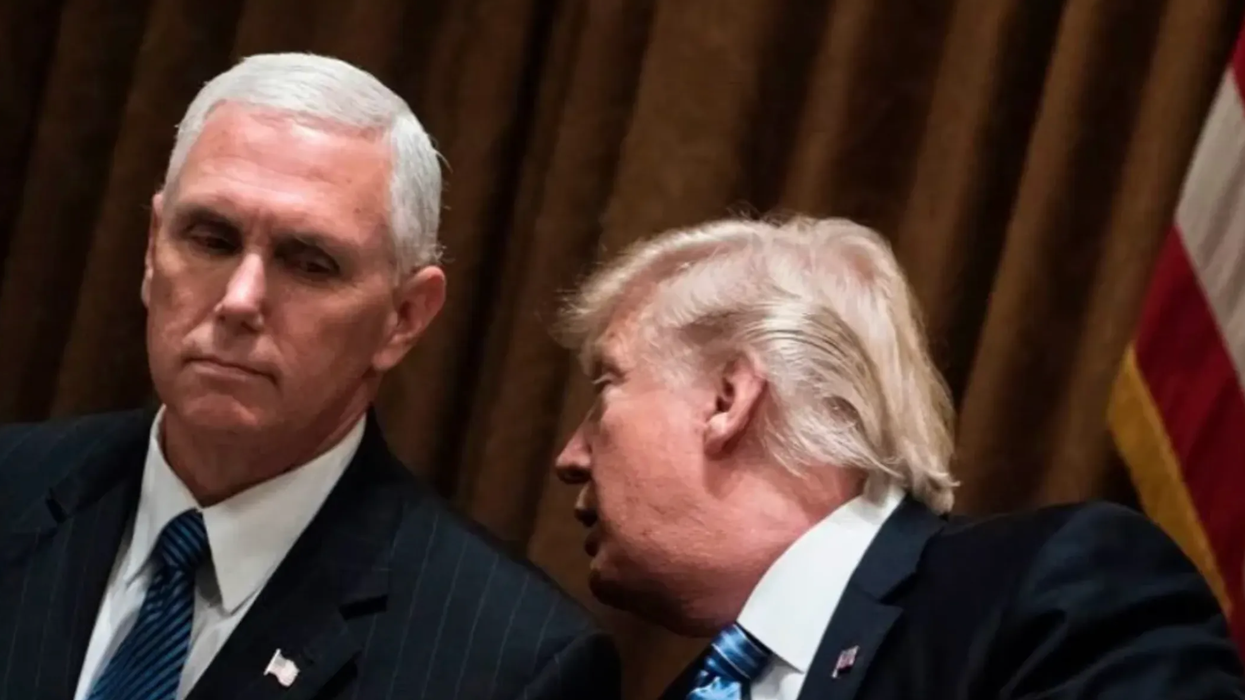




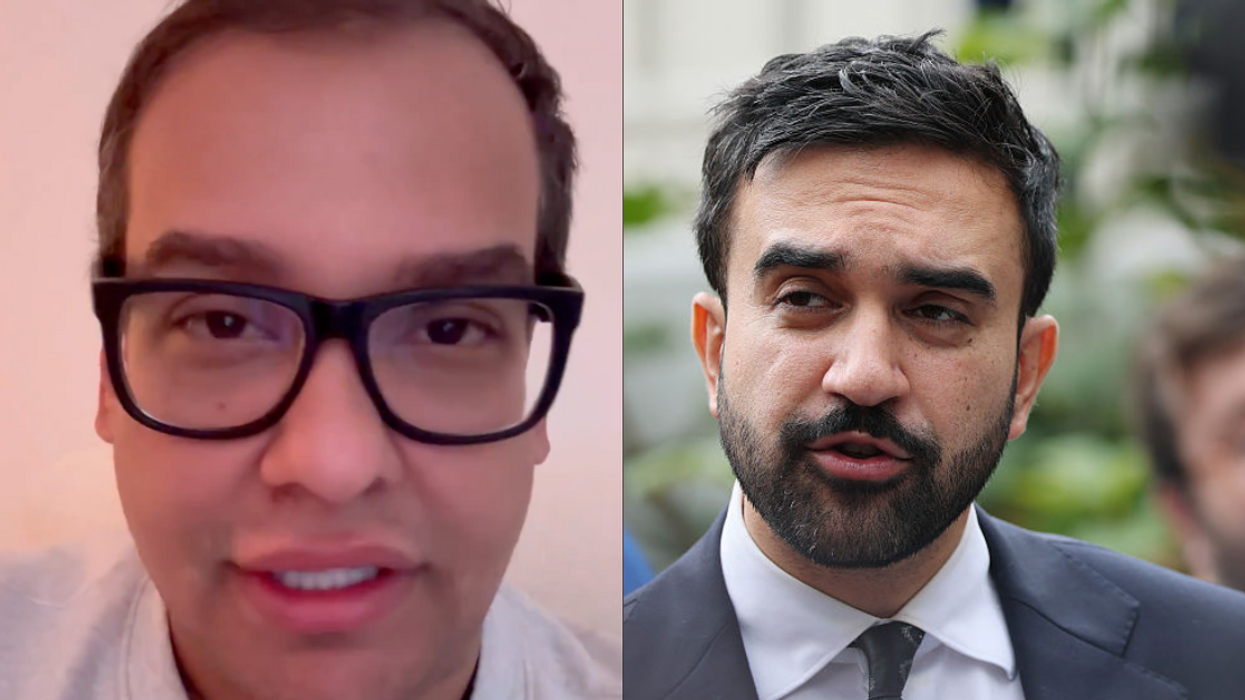
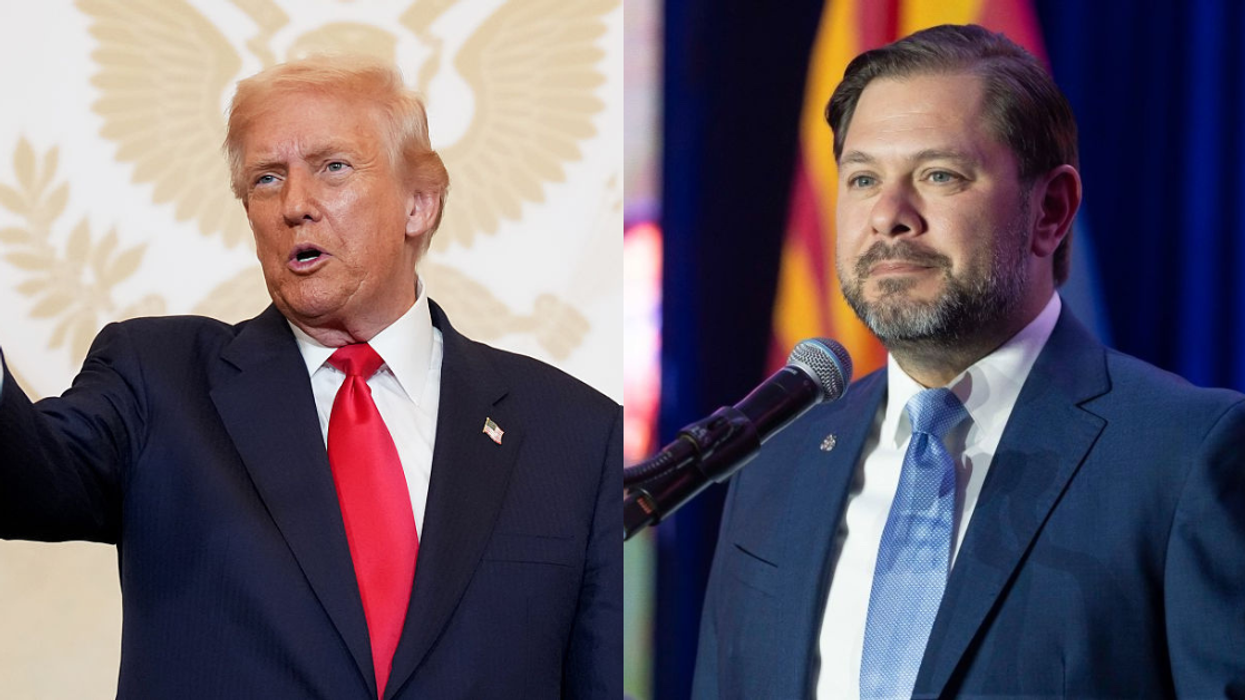




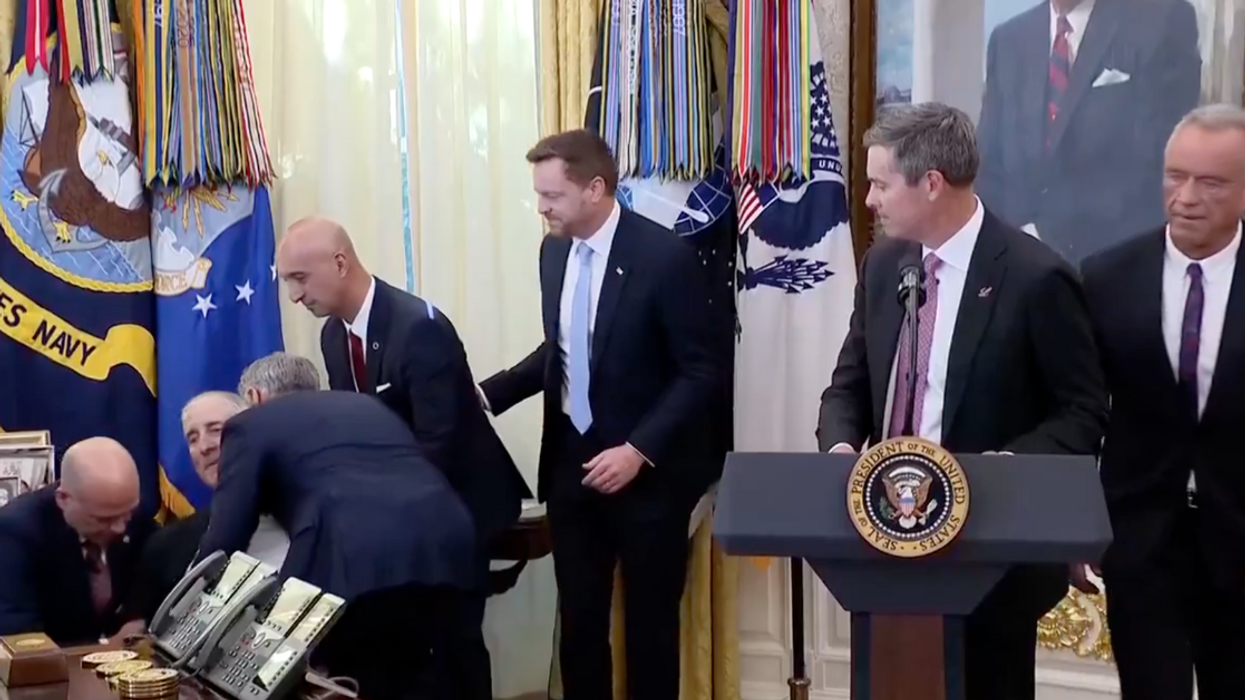
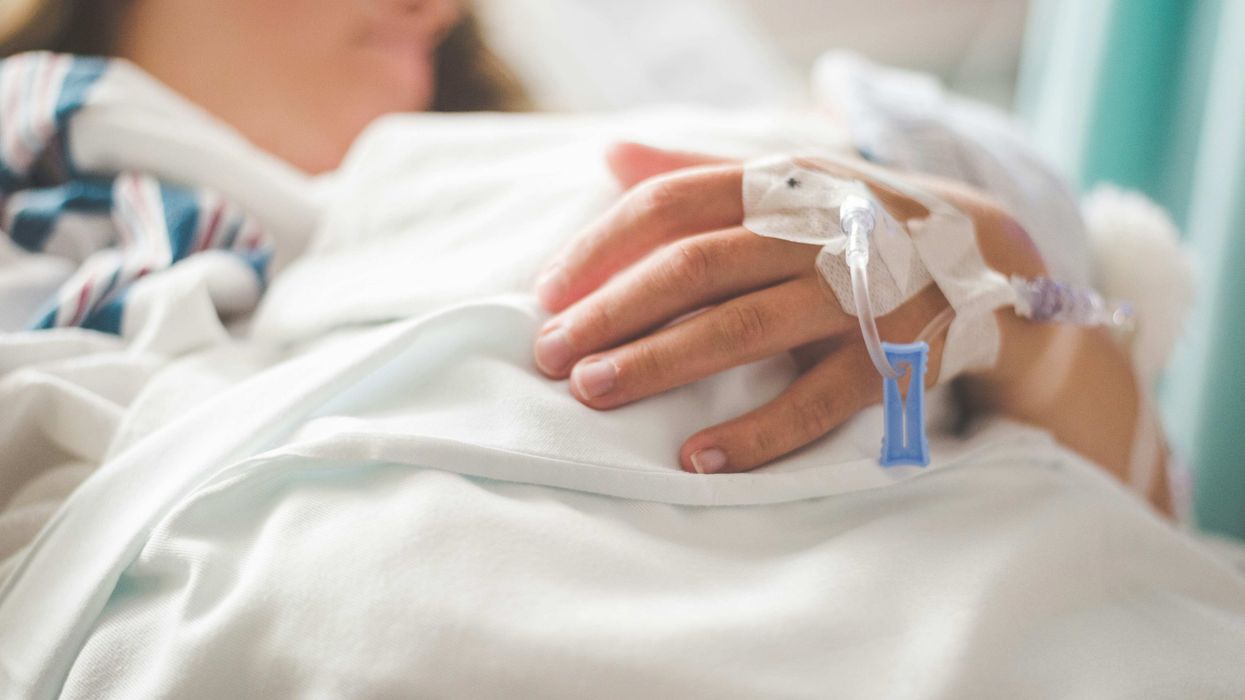

 breast cancer GIF by Baptist Health South Florida
breast cancer GIF by Baptist Health South Florida  Teddy Bear Doctor GIF
Teddy Bear Doctor GIF  feeling neck skin GIF
feeling neck skin GIF  praying GIF
praying GIF 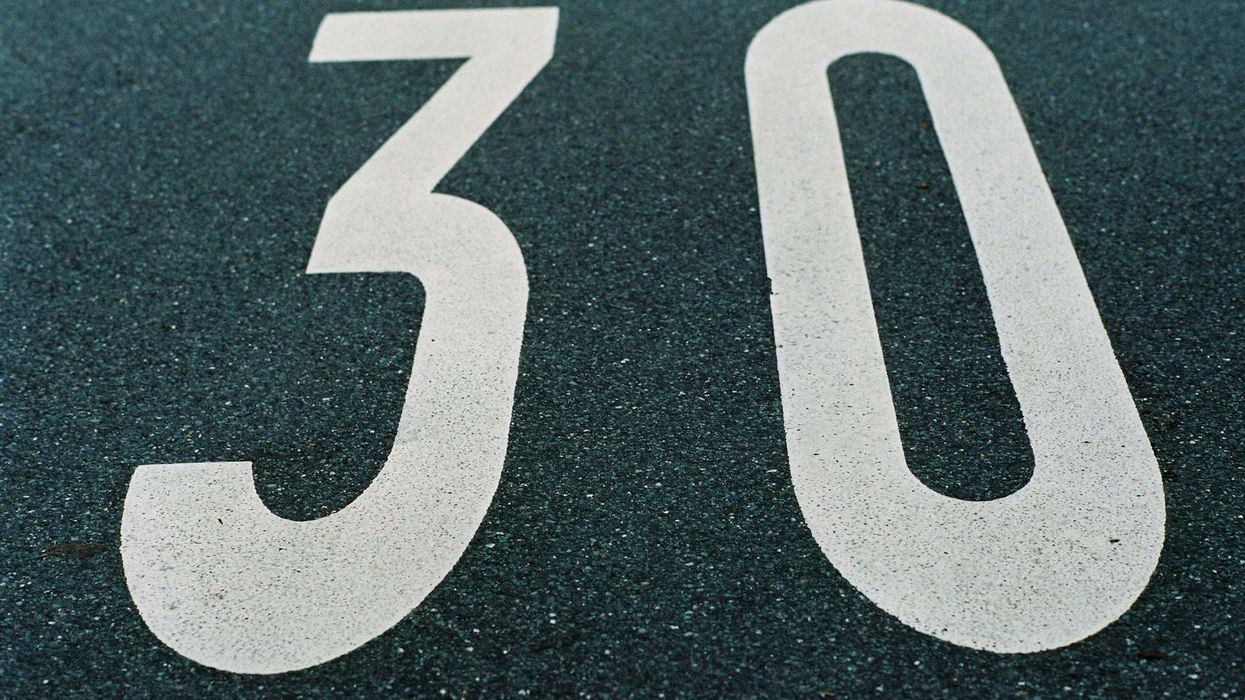
 Snail Ugh GIF by Sticker Book iOS GIFs
Snail Ugh GIF by Sticker Book iOS GIFs  Serious
Serious  Home Alone Reaction GIF by 20th Century Fox Home Entertainment
Home Alone Reaction GIF by 20th Century Fox Home Entertainment  Cat Working GIF
Cat Working GIF